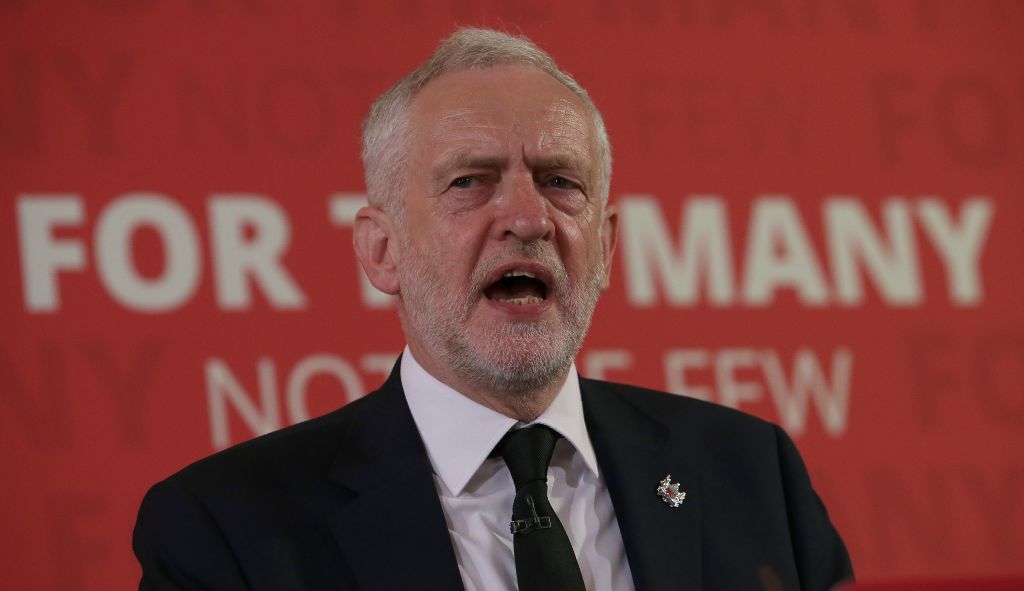The most dangerous thing about Jeremy Corbyn’s speech today, blaming terror attacks in Britain on wars we have fought abroad, is that it is partly true. The temptation for the Conservatives will be to show outrage at the words: ‘Many experts, including professionals in our intelligence and security services, have pointed to the connections between wars our government has supported or fought in other countries and terrorism here at home’ and to accuse Corbyn of exploiting the Manchester bombing for his own political gain. But they would be extremely foolish to do so because they will be unable to argue away the assertion that British military involvement in the Middle East has increased the risk of terror attacks at home.
Why was Madrid attacked by al-Qaeda in 2004 and London the following year, while no other European country was attacked at that time? Britain and Spain, of course, had been the two European countries which supported George W Bush’s invasion of Iraq. It didn’t matter to the Islamists that our actions in Iraq had actually made life easier for them, by removing a largely secular dictator (the same is true of our intervention in Libya). If you are a jihadist the very presence of Western troops in what you consider to be your holy land is reason enough to stir your passions.
Isis is a more indiscriminate enemy than was al–Qaeda. Sweden and Germany – countries which have hardly led Western policy in the Middle East – have also been attacked. Nevertheless, it is not a good enough argument to say: Isis will attack us whatever and therefore it is disgraceful of Jeremy Corbyn even to suggest that British foreign policy has anything to do with the attack in Manchester. If the Tories take that line, Corbyn will win the argument.
What Theresa May needs to do is to make a big set-piece speech in response to Corbyn’s accusation. She needs to leave the risk-averse bubble in which she has spent the past few weeks and tackle him head-on. Yes, she should concede, the presence of British troops in the Middle East has further provoked those who seek to destroy our way of life. In the short term, we have increased the risks to ourselves by intervening militarily in the Middle East. And, yes, some of those interventions have been ill-judged. The overthrow of Saddam Hussein was undertaken with too little consideration of what would replace him. Libya, too, has shown the problems of how a country adjusts to being suddenly free of malignant dictator who has suppressed liberty for so long.
But those who have opposed any British military intervention abroad, Theresa May should go on to say, need to explain why Afghanistan would be a better place if it were now run by the Taliban, why Syria would be a better country if Isis had been left unchallenged to complete the creation of its Islamic State – a state where women dare not show their faces, gay people are thrown from high buildings. The ambitions of Isis would not stop in Syria. It is blunt about what it wishes to achieve: to convert the entire world to its own, nihilistic form of Islam. That is why we have to stop it now. So, yes, in the short term we may increase the risk of being attacked ourselves, we are challenging an organisation which in the long term will be a threat to the entire world.
Ultimately, she should finish by saying that we do not defeat hatred by appeasing it. Those who pose with terror groups, call them our friends, invite their leaders to Parliament to grant them the oxygen of publicity while they are still actively engaged in bombing campaigns on our streets; they might think they can win Britain a short respite from attack, deflect the terrorists’ attention elsewhere. But to defend liberty we have to take a longer view. The evil of Isis is there for the world to see. If we do not stand up to fight it now, it will come back to strike us ten times harder in the future.







Comments